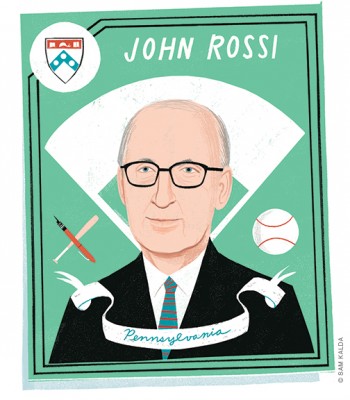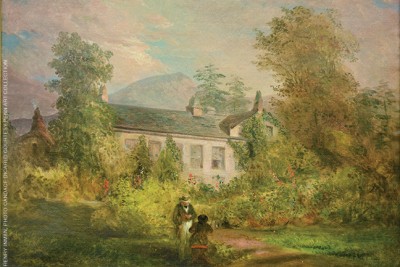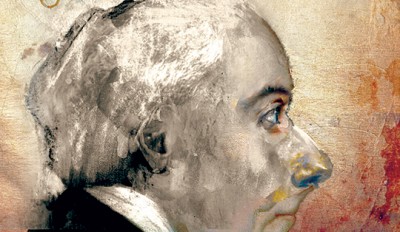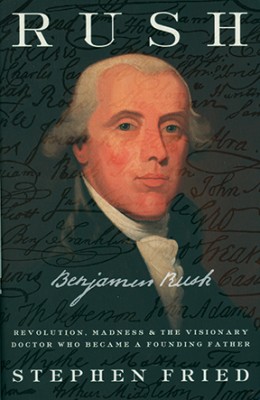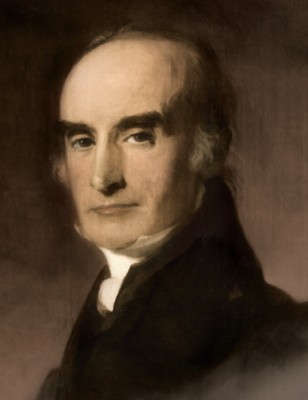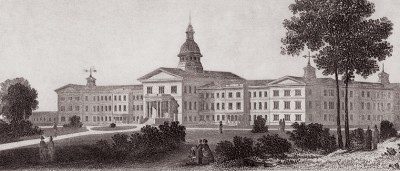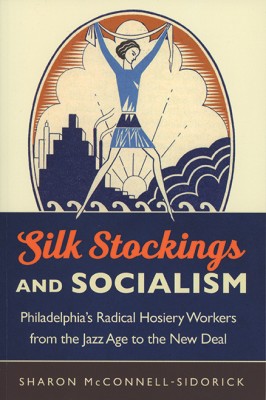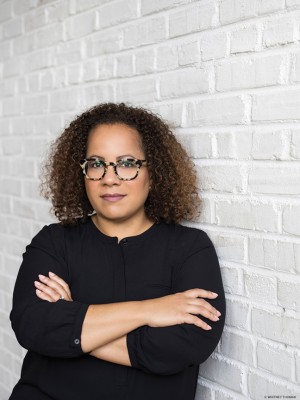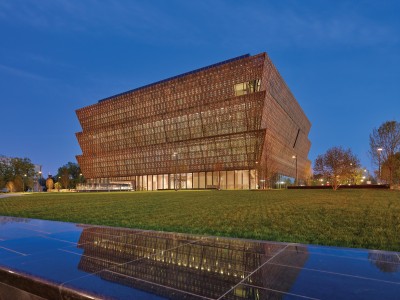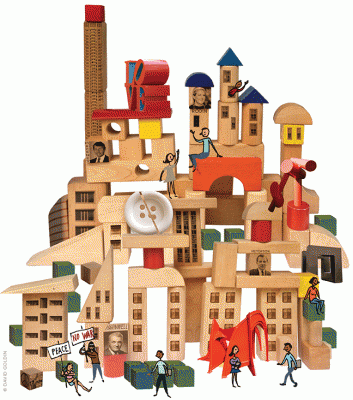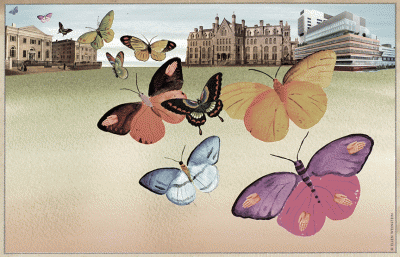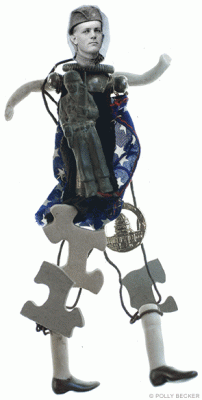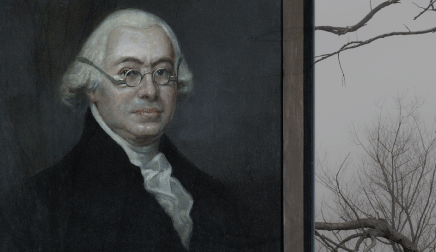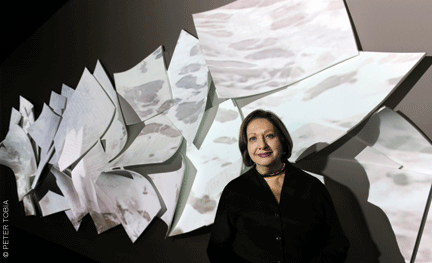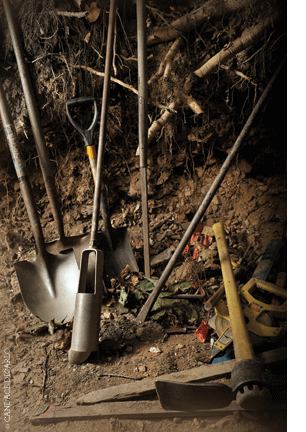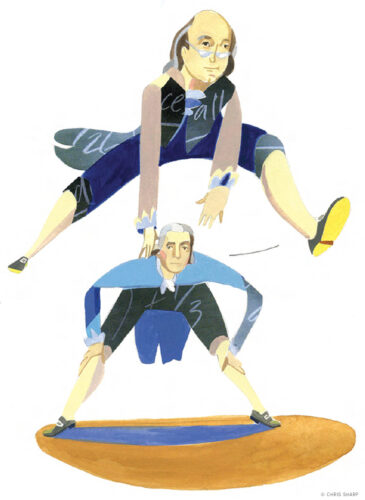Horsehide Historian
John Rossi Gr’65 writes about America and baseball.
Penn and Slavery
New studies detail how Penn benefited from slavery.
Wordsworth’s American Champion
Nearly two centuries ago, Penn professor Henry Hope Reed put William Wordsworth on America’s cultural map. More or less forgotten today (make that more), Reed was an impressive scholar whose enthusiasm for Wordsworth and English Romanticism helped shape the nation’s literary values.
Rush on the Mind
A focus on mental illness was a constant throughout the multi-faceted career of Benjamin Rush, a signer of the Declaration of Independence, prolific writer, longtime Penn faculty member, and the most prominent—and controversial—physician of his day.
Fried on Rush and Rush
Gazette editor John Prendergast and author Stephen Fried talked about Fried’s new book.
The Judges’ Lawyer
In successfully defending the irascible Supreme Court Justice Samuel Chase—aka “Old Bacon Face”—against impeachment, Joseph Hopkinson C1786 G1789 helped set a high bar for removal from office and establish the principle of judicial independence.
Of Beneficent Buildings and Bedside Manners
Thomas S. Kirkbride M1832 wrote the book—literally—on the housing and treatment of the mentally ill in the 19th century.
Becoming Nazi
Thomas Childers’ The Third Reich: A History of Nazi Germany.
From 10th-Grade English to Trigger Warnings
Two new books by Penn faculty explore how free expression
on campus became so fraught and what to do about it.
Unpacking the Industrial Lunch Box
A recent installation at Slought offered manufactured food for thought.
Silk, Sweat, and Socialism
A new book examines a forgotten component of the labor movement.
Discovered—But Not Captured
Erica Armstrong Dunbar C’94 wrote about Ona Judge’s escape from slavery.
Dedication
Lorene Cary C’78 G’78 on a glorious day in the nation’s capital.
Building Blocks
A talk with the authors of Becoming Penn, which traces the University’s development over the tumultuous half-century from the Cold War to the Millennium.
The Link
As the nation’s first medical school celebrates its 250th anniversary, a look back at how generations of students, faculty, and alumni have served their country, delivered the finest patient care, and advanced medical research and education here in Philadelphia and around the world.
Unconditional Pavlov
Daniel Todes spent 25 years researching and writing his epochal biography of Ivan Pavlov. The result is a science historian’s answer to Tolstoy, Turgenev, and Dr. Zhivago.
Wounded Warriors and the Legacy of WWI
Medical historian Beth Linker on war and the limits of rehabilitation.
A Penn Historian Looks Back at a Long Career
Historian Richard Beeman on his four decades at Penn
Flawed Founder
James Wilson signed the Declaration of Independence and was a key architect of the US Constitution, helped found Penn Law School, and served as one of the first justices of the Supreme Court. He was also a reckless land-speculator—jailed more than once for debt—who died a fugitive.
Penn Fights the Civil War
As soldiers on the battlefield or doctors in military hospitals, Penn alumni and faculty played remarkable roles in the nation’s bloodiest conflict—serving both North and South.
Making Scents of the Past: The History of Cleanliness
History professor Kathleen Brown on what it means to be clean.
Creating a New Museum for a Venerable History
Gwen Goodman Ed’56 led the NMAJH to Independence Mall.
Bones Beneath the Tracks
In the summer of 1832, 57 Irish laborers died suddenly while building the first railroad in Pennsylvania. Alumnus Bill Watson and a host of other Penn people have been trying to find out what really happened. And they’re getting close.
Paternity Test
Between Thomas Jefferson and Benjamin Franklin, which Founding Father did the most—by far—to promote and shape the future of public education in America? (Hint: He also published a periodical with the same name as this one.)

